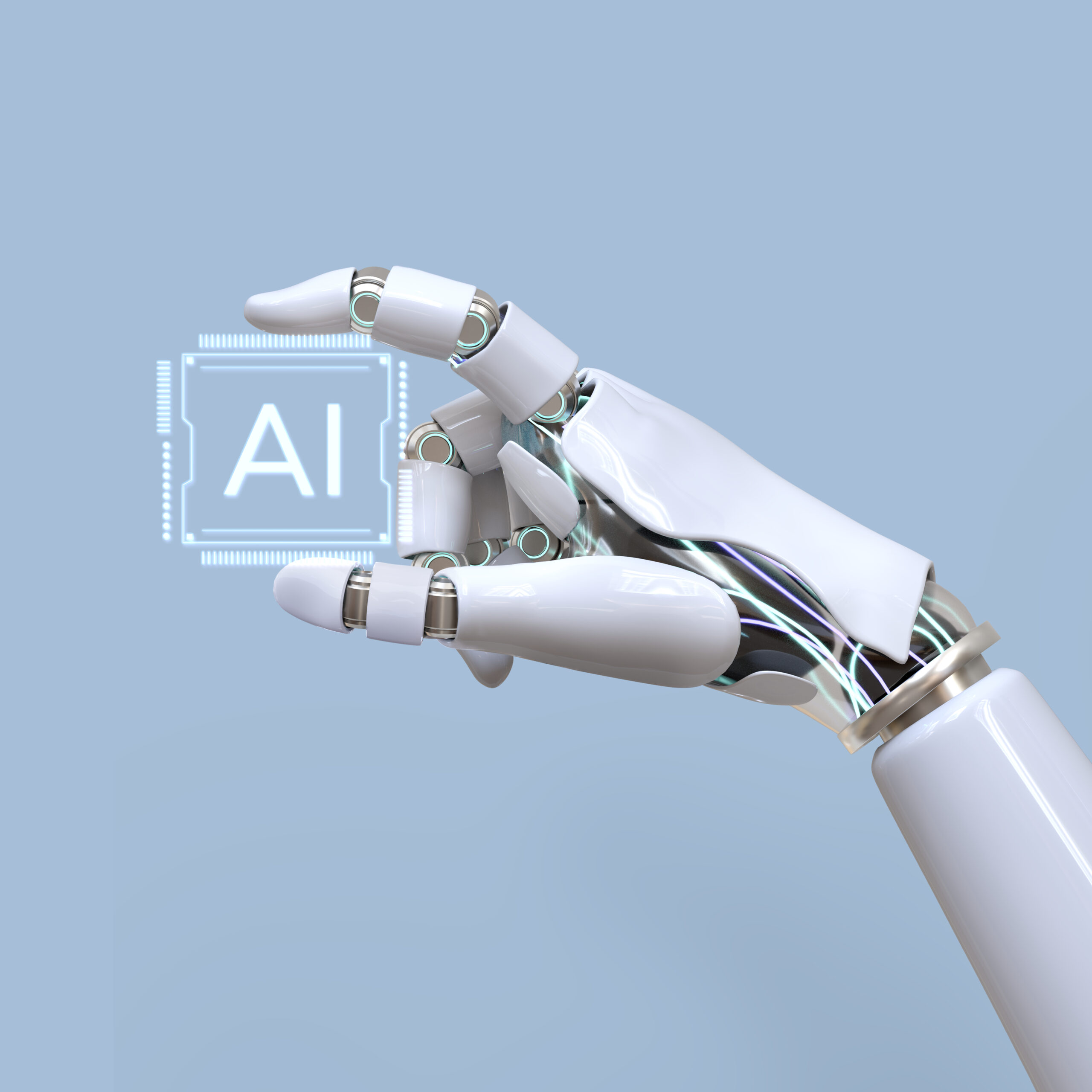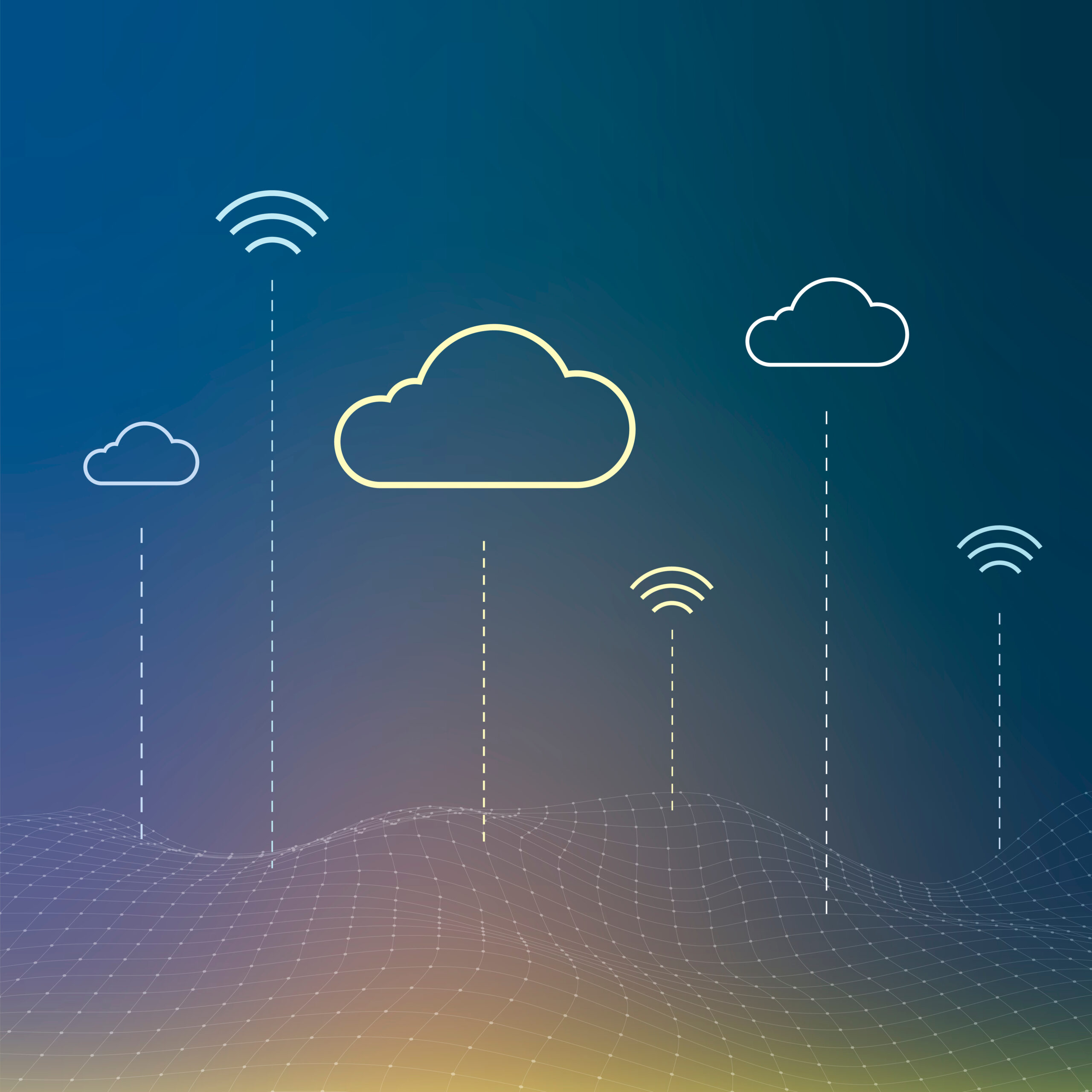
AI vs Traditional Firewalls: Which is More Secure?
Picture your computer or network as a castle. Now, every castle requires guards at the gate, don’t they? Up to now, those guards have been traditional firewalls — the loyal soldiers that prevent unwanted guests (hackers, viruses, malware) from entering. But now, a new generation of ultra-intelligent guards is on the job: AI firewalls.
So, the million-dollar question: Is Traditional Firewall stronger than AI Firewall?
Let’s compare!
What is a Traditional Firewall?
A classic firewall is a rulebook. It examines each visitor against a set of pre-established rules:
“Is this IP address permitted?”
“Is this port number suspicious?”
“Is this site secure?”
If it appears suspicious according to these rules, it blocks it. Easy, right? But there’s a catch. Hackers nowadays are much smarter than they used to be. They employ tricks to go around these pre-programmed rules, like a burglar discovering a secret tunnel into the castle.
Step in AI Firewalls – The New-Age Guardians
Imagine them like sixth sense detectives and the sentries.
They examine patterns in user behavior.
They anticipate dangers by identifying inconsistencies.
They are able to recognize unknown attacks (zero-day attacks) even before anyone has.
AI firewalls update and learn in real-time, with knowledge of worldwide cyber-attack trends, remaining one step ahead of hackers.
AI vs Traditional Firewalls: Face-Off!
Feature
Traditional Firewalls
AI-Powered Firewalls
Approach
Static (Rule-based)
Dynamic (Self-learning & adaptive)
Threat Detection
Known threats only
Known + Unknown threats
Response Time
Slower, manual updates needed
Fast, real-time response
False Positives
Higher chances (blocks safe traffic)
Reduced by learning patterns
Cost
Generally cheaper upfront
Higher initial investment but smarter
Future-Readiness
Limited to past data
Future-proof with predictive analysis
Why Should Students Care?
As students, especially if you’re stepping into the tech or cybersecurity world, knowing the difference is a game-changer!
For developers: You’ll design safer apps.
For network engineers: You’ll protect company networks.
For cybersecurity experts: AI firewalls will be one of your best tools.
For everyone else: Understanding how your personal data is protected is essential in today’s digital world.
The Reality Check
Conventional firewalls are still necessary and are still in use even today.
AI firewalls are robust but are subject to professional processing and are more expensive.
The most ingenious solution? Most businesses employ them together to develop multi-layered protection solutions.


